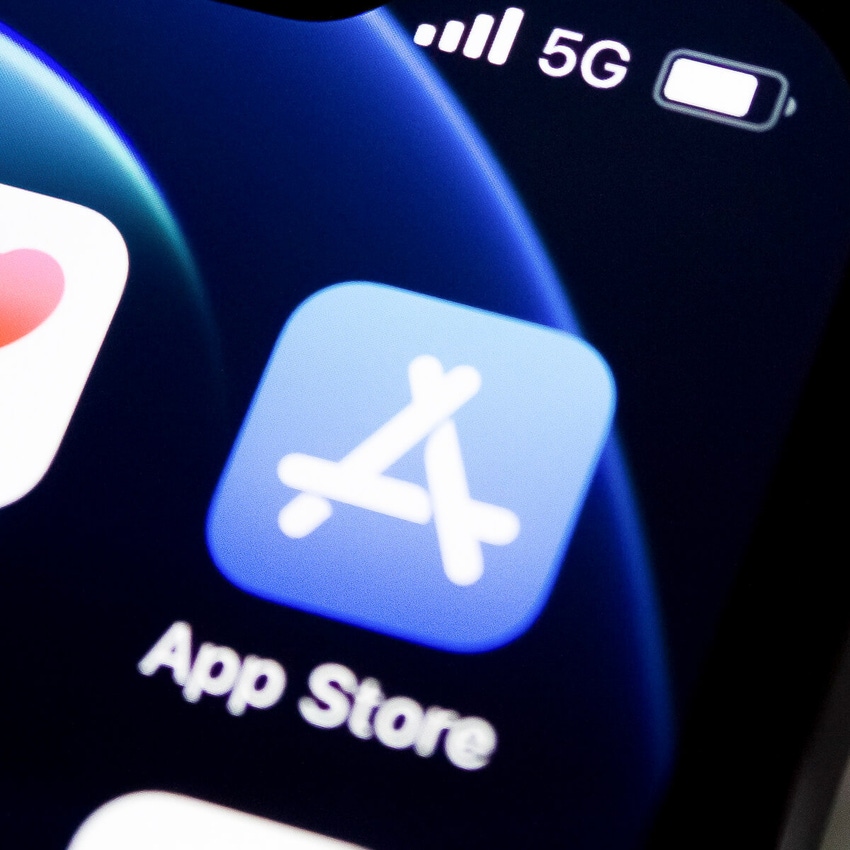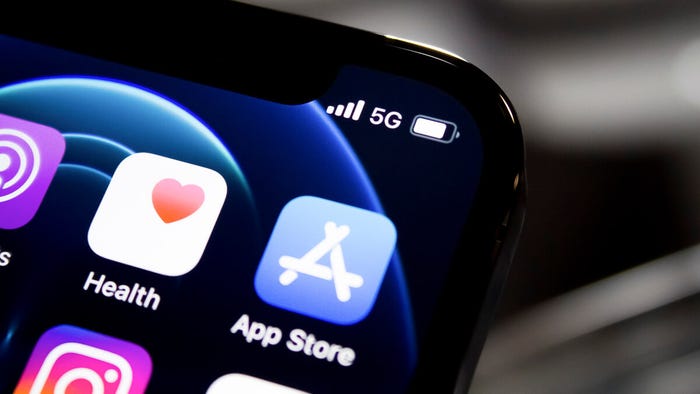China hits Biden right in the iPhone
According to reports, China has banned iPhone use among government employees. Meanwhile, US officials may be moving to ban Chinese-made IoT modules.

According to a new report from The Wall Street Journal, the Chinese government is dramatically expanding its ban on iPhones among government employees. The news sent Apple's shares plummeting.
The financial analysts at KeyBanc Capital Markets argued that the development could have significant implications for Apple, a leading US technology company.
"While Apple has historically been viewed as relatively safe in China from government restrictions given Apple's relationship and importance to the economy, it makes us wonder: 1) is the government changing its stance toward Apple? 2) could restrictions be put in place more broadly to favor Chinese device OEMs vs. Apple? and 3) should we view this as adding potentially more risk to Apple above and beyond what is becoming a known slowdown in US iPhone sales caused by lower upgrade rates?" they wrote in a report.
The development appears to be the latest skirmish in an increasingly contentious "tech cold war" between the US and China.
Figure 1:

(Source: Apple)
And it's not the only recent development. According to Reuters, FCC Chairwoman Jessica Rosenworcel earlier this month wrote to the FBI, the Justice Department, the National Security Agency, the Defense Department and other government agencies, asking them to consider declaring Chinese companies, including Quectel and Fibocom, a risk to national security.
As reported by Light Reading, fears over Chinese-made Internet of things (IoT) modules from the likes of Quectel and Fibocom have been percolating for years, but have gained steam in recent months.
Quectel, for its part, issued a fiery response: "Quectel is committed to delivering high-quality, best-in-class, secure modules and go above and beyond industry standard practices by conducting independent third-party cyber security audits," the company wrote in a lengthy release this week.
In other recent developments, Huawei has reportedly developed its own 5G chipset, thereby sidestepping US sanctions designed to prevent the company from doing so. And, according to one leading analyst, Apple too has developed its own 5G chipset in a move that could allow the company to shift away from its current 5G chipset supplier, Qualcomm.
Taken together, the events in the US and China clearly reflect the increasing tensions between the two global superpowers. They also come as President Biden continues to work on diplomatic ties with China, having recently sent Commerce Secretary Gina Raimondo to the country to discuss a possible détente.
It's unclear how the situation will ultimately play out. But it's having a major effect on tech and telecom companies ranging from Apple to Quectel.
Related posts:
— Mike Dano, Editorial Director, 5G & Mobile Strategies, Light Reading | @mikeddano
Read more about:
AsiaAbout the Author(s)
You May Also Like












